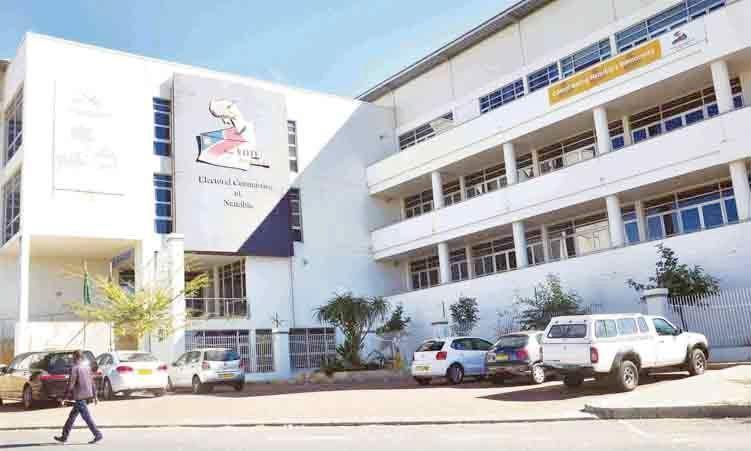Africa-Press – Namibia. The Electoral Commission of Namibia (ECN) is undertaking voter education campaigns across all 14 regions, focusing on marginalised communities, youth, and first-time voters, with a strong emphasis on the proper methods of voting, particularly in marking the ballot paper.
Marilyn Kazetjikuria, the deputy director of civic and voter education at the ECN, said on Wednesday that the commission identified issues during the Presidential and National Assembly elections where ballot papers were rejected due to voters marking them incorrectly.
Kazetjikuria, who was speaking at the ECN chambers about the significance of civic education and strategies for voter education and outreach programmes, stated that “There is, therefore, an emphasis on educating voters about ballot papers to better prepare them before going to the polls,” she said.
She said the commission aims to enhance voter turnout through comprehensive voter education.
The voter education campaign, which began in June and ends on 25 November, is being implemented through in-person education, social media platforms, and traditional media outlets such as television, radio, and printed informational fact sheets to effectively ensure that voters are properly equipped to cast their votes accurately, she noted.
The commission, she stressed, has faced challenges in reaching voters on commercial farms regarding information dissemination and registration.
However, with the help of the Namibia Agricultural Union, ECN voter educators have been provided a platform to engage with commercial farmers and workers.
Furthermore, Kazetjiukurua said the commission has recruited youth ambassadors, six from each region, totalling 84, to ensure that information is shared with the youth through their peers.
The youth ambassadors collaborate closely with voter educators, focusing on teaching voters how to properly mark the ballot paper, among other topics.
“The most important message is how to correctly mark a ballot paper, with the focus on rejected ballot papers.
In the last election, we had a high number of rejected papers, and as a commission, we re-examined our strategy to see how we can ensure that we minimise the number of rejected ballot papers,” she remarked.
Kazetjiukurua also said the commission has produced Braille and tactile ballot covers for use by the visually impaired, while the hearing-impaired voters will be instructed through videos that include sign language interpretation.
For More News And Analysis About Namibia Follow Africa-Press






